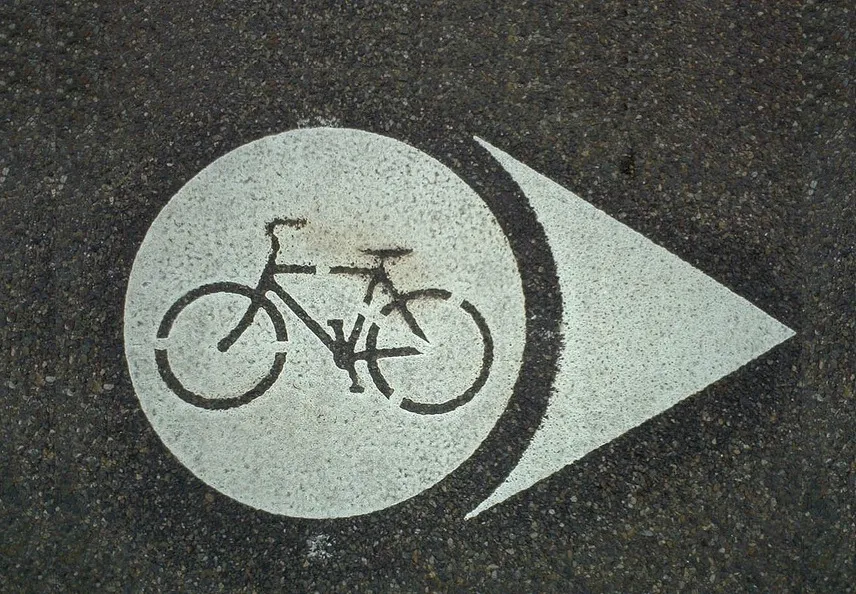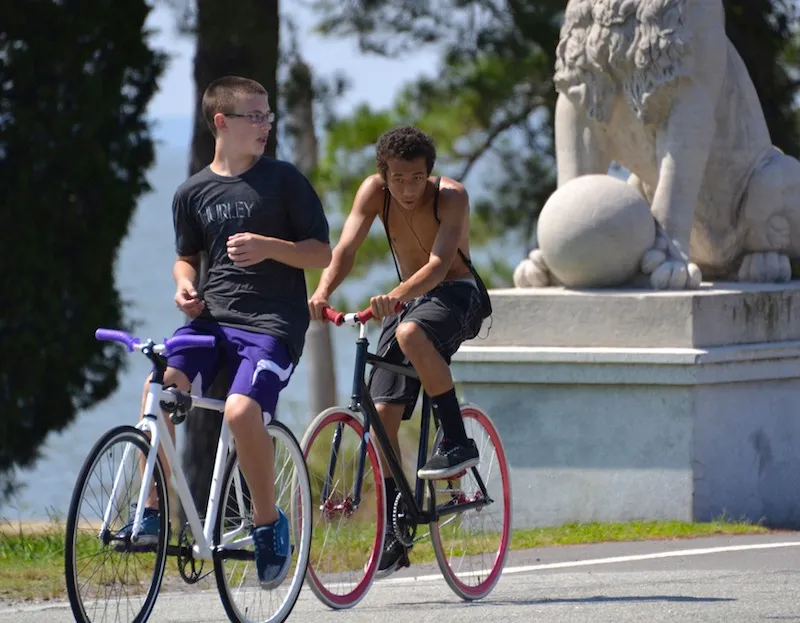Young Americans are driving it less according to a study by the Frontier Group and Phineas Baxandall, at the U.S. PIRG Education Fund.
The study found that the average annual number of car trips taken by young people — aged 16 to 34 — in the US decreased by 23 percent between 2001 and 2009.
The study found that young people are now making more use of transit, foot power, and of course bicycles to get around. Walking accounted for a 16 percent increase from 2001, while passenger miles on transit jumped 40 percent. Those aged 16 to 34-year-olds also took 24 percent more bike trips than their counterparts in the same age range had taken in 2001.
Among the key factors in this paradigm shift was the economy. “There are many potential reasons why the youth in America aren't driving as much,” Tony Dutzik, senior policy analyst at Frontier Group told BikeRadar. “But the economy doesn't tell the whole story. Even if the economy was better, the cost of owning a car continues to rise. It cost twice as much to fill up the car’s tank of gas than it did in 2001.”
Passenger car usage wasn't just related to the economy or money. Even in households with income of more than $70,000 per year, young Americans are using mass transit at an increase of 100 percent, walking by 37 percent, and notably cycling at 122 percent.

Bike infrastructure is on the rise in many cities— like this route marker from Seattle, WA; that convenience paired to the rising cost of owning cars has more young people on bikes, mass transit, and simply walking
Moreover, instead of finding their freedom through use of a car, many young Americans are finding independence through technology, including mobile devices and social media. Additionally, whereas the study did not specifically address cycling trends nationwide, Dutzik noted from personal experience that more people of all ages are commuting by bicycles in United States.
As a self confessed “fair weather bike commuter,” Dutzik said that he has seen an increase in bicycle commuting in his hometown of Boston.
He also agreed that advocacy groups, and community improvements to make cities more bicycle friendly is likely having an impact. “Bicycling magazine has listed Boston as a worst place for cycling, and that has spurred changes,” Duutzik added.
